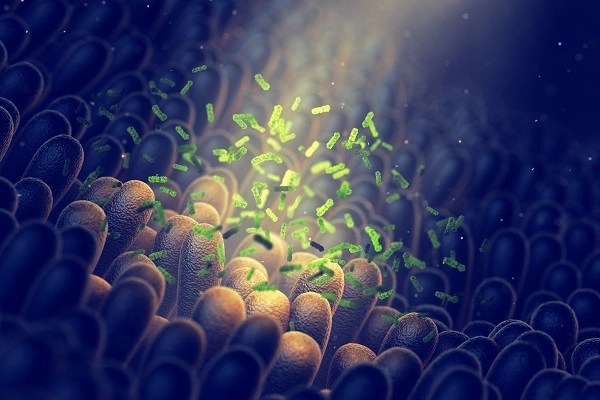A healthy colon is a beautiful forest

Are you considering a colon cleanse? Ask yourself this question first: Would you clear-cut the ecosystem of a beautiful forest?
Or this question: When your house floods, do you lose family treasures?
Colon cleansing can wreak similar havoc. Also known as colonic irrigation or hydrotherapy, the process involves flushing lots of solution (mainly water) through a tube inserted into your rectum to supposedly remove harmful toxins and eliminate old fecal material while boosting your immune system. People use do-it-yourself kits or go to a clinic or spa.
Equally dangerous is the risk of serious infection when you use an object that could perforate tissues. We don’t recommend it for any reason — except before a medical procedure such as a colonoscopy.
No medical evidence
Your digestive system and bowel naturally eliminate waste material and bacteria. There is no medical evidence to support colonic irrigation or hydrotherapy. You have two organs that neutralize toxins — the liver and kidneys.
As for removing stuck stool, here’s what happens: Stool moves through the colon at different rates for everyone. Old cells from your gastrointestinal (GI) tract make up a big part of that, and are replaced about every three days. Our bodies do a good job of keeping your intestine’s lining healthy. Stool also includes fiber and waste products, which leave with the old cells.
Why it’s so popular
We understand why the concept is popular. It’s based on the belief that toxins from your GI tract can cause a variety of health problems, from arthritis and allergies to obesity. It’s not that simple! Also, please don’t think your colon is filthy. Friendly bacteria in the colon are critical to your health, so don’t flush them out.
Cleansing through fasting
Fasting is unnecessary because the colon cleans itself — that’s its job! Juicing is less beneficial than eating fiber-rich fruits and vegetables because fiber helps things move along. Bulk fibers like chia seeds or psyllium (Metamucil) are helpful for people who have constipation or diarrhea because they hold water, but don’t count on them for cleansing.
Learn a new word: Microbiome
The more science learns about our bodies, the more we discover how it functions through several ecosystems or microbiomes — and they’re all connected. For example, we make vitamin K in the GI microbiome. Bacteria in the gut also help regulate how our genes are turned on and off. If you destroy this system (like clear-cutting a forest) you’ve wiped out these benefits until the microbiome grows back.
Your body is smart; it removes waste and toxins naturally. So help your colon do its job. Stick to a variety of fiber-rich foods, exercise and drink plenty of water — you’ll have nothing to detoxify.
The 5 do's of colon health
- Eat a variety of whole foods as unprocessed as possible — more raw vegetables and fruits (unless you have conditions like Irritable Bowel Syndrome or allergies) and whole grains. Include some cultured foods such as yogurt or cultured vegetables to keep the friendly bacteria happy.
- Exercise to keep things moving! Even just walking is good. Remember the old phrase, “My Daily Constitutional"?
- Eat 25 to 35 grams of fiber daily. A half-cup of most fruits and veggies has an average of 3 grams fiber. Five to nine servings a day gets you there. Fiber supplements are fine for most people, but don’t rely on them — fiber from whole foods is better.
- Drink enough fluids (water) to stay well-hydrated — at least eight ounces, eight times a day. Coffee and alcohol don’t count.